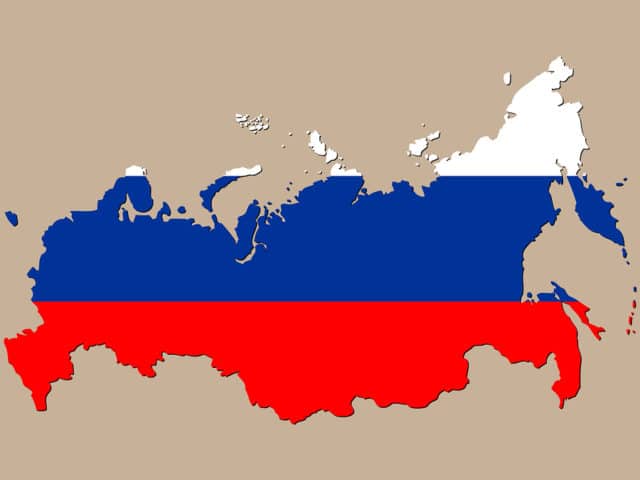Half of Russia’s workforce has gone missing, no they were not arrested by the KGB – they are working in the shadows in a cash-only market. The size of the workforce has been tracked since 2001, and according to Russian statistician the workforce has remained relatively the same size (Bloomberg New, Pimmenaya, 2016). International banks, credit cards like MasterCard and Visa, global brands like McDonald’s all vanished with Russia’s adventurism in Ukraine and seizure of Crimea. In their place has come a cash-only society of runaway inflation, chronic shortages and growing anxiety over the conflict. Even Russian companies are staying away (Bloomberg News, 2015).
Since the seizure of Crimea, Russia’s economy has taken a hard hit. Many sanctions were placed on trading with Russian companies as their act of war could not be condoned by their trading partners around the world. Putin took little interest in these sanctions even though its economy is in desperate need of a boost. It is hard for Putin to ignore the actions of his own people however. Thirty-million people are participating in illegal, off-the-books business activity, making more money than possible when on the government’s pay roll.
After annexing Crimea, Putin, the Russian president, moved to reward his new constituents by doubling payments to about 560,000 pensioners and 200,000 public workers. But with prices skyrocketing, those increases are being eaten away. Inflation jumped 38 percent and the cost of food increased by almost half from March through December. Where that money will come from is unclear. The government in Moscow is being forced to cut spending in the face of what most economist predict will be a nasty recession (Bloomberg New, Pimmenaya, 2016).
Approximately 30 million Russians, a population almost the size of Canada’s national population, are avoiding taxes and governmental fees by keeping their business off the books and in a cash-only environment. These people are mechanics, dentists, builders, veterinarians etc. and are creating a more prosperous life for themselves. The scale of the “underworld” economy is a quarter of the Gross Domestic Product. The size of the group of people participating in the shadow economy is nearly 40% of the country’s available work force. About 76.5 million people participate actively in Russia’s economy in a legitimate way.
Legalizing the shadow workforce alone would boost GDP by one percentage point (Bloomberg New, Pimmenaya, 2016). No longer limited to retail trade it’s becoming a hive of small-scale manufacturing, developing into an “economy of simple things.” Businesses can be tempted into the open if the government can ensure fewer regulatory checks and a patent system catering to the self-employed.
Many Russians are unwilling to pay into the system because they receive so little in return. A man named Alexander, interviewed by Pimmenaya for Bloomberg News claimed he made $469 USD per month working at a factory in the country’s Far-East region. His pension would have been approximately the same upon retiring. This was not enough to live on so he took matters into his own hands. Alexander, along with another former Russian military member created their own business that included plumbing and mechanics. Their entire business is off the books, collecting only cash from their customers and relying on word of mouth for marketing. However, Alexander claims that they are booked solid for the next 3 months. He is making triple to quadruple the amount he made in the military or at the factory. He can now afford a mortgage and a car payment (Bloomberg New, Pimmenaya, 2016).
It seems the Kremlin is in favour of legalizing the “shadow-economy” in order to make money from a situation that has been hemorrhaging funds from the Russian economy for years. “The government plans to adopt a law this fall freeing several categories of self-employment from taxes and easing their way to registration, leaving them to pay social levies only”, said First Deputy Prime Minister Igor Shuvalov. “We understand that only the Tax Service will lead them out of the shadows,” he said. “Now everything is being automatized, financial discipline is increasing. I think that in a couple of years, evading taxes will be extremely difficult (Bloomberg New, Pimmenaya, 2016).”
From a North American perspective the Russian government seems to pay little mind to the desires of its citizens. In this case however things may be looking good for the Shadow economy of Russia. They will have to register as business’ in a federal database and pay a 1% tax in social levies but they will maintain their status as independent from the government, and keep most of their profits paying little back into social services.










